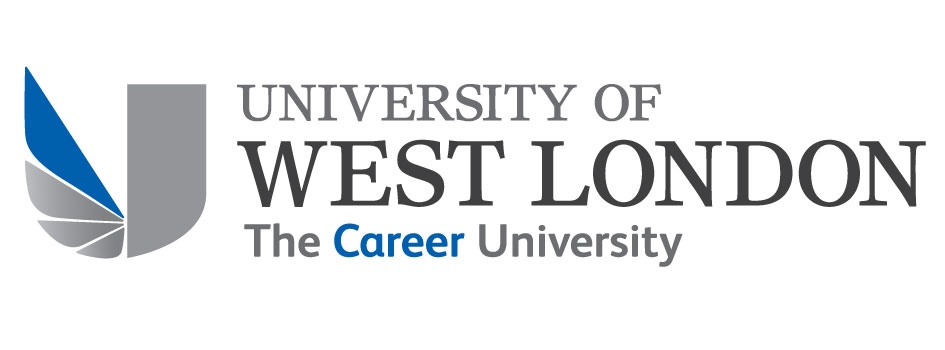This paper presents a summary of a study that has recently been published in Educational Review and which explored the experiences of minoritised ethnic postgraduate researchers in British Higher Education (HE) institutions. The link to the full article can be found here https://www.tandfonline.com/doi/full/10.1080/00131911.2024.2316614
Ethnic-based inequalities remain an issue in UK HE institutions, in particular at postgraduate research level. Indeed, although minoritised ethnic students make up 27% of the undergraduate population (Gov.uk, 2022) and 24% of the postgraduate taught population, they only represent 20% of all postgraduate researchers in the UK (Higher Education Statistics Agency [HESA], 2022). The literature identifies several structural barriers that prevent this group of students from fulfilling their potential. This includes a lack of funding, with only 1.2% of PhD scholarships awarded to minoritised ethnic doctoral students between 2016 and 2019 (Smith McGloin & Wynne, 2022), prejudice and discrimination (Leading Routes, 2019) as well as a lack of representation in doctoral and academic populations that emphasises students’ feelings of ‘otherness’ and compromises their sense of belonging (Mountford-Zimdars et al., 2015; Pitkin, 2021).
Despite recent initiatives aimed at promoting wider access and participation to postgraduate research for minoritised ethnic postgraduate researchers (13 UKRI funded projects worth £8 m and “100 Black Women Professors NOW”), inequality in this area pf HE remains high. The aim of our study was, therefore, to explore the experiences of minoritised ethnic postgraduate researchers in more depth and draw on their experience to devise practical solutions to address these inequalities. Our sample included minoritised ethnic postgraduate researchers from both the UK and overseas, given the almost equal representation of these groups in the doctoral population in the UK (58% vs 42%; HESA, 2022).
We conducted 15 semi-structured telephone interviews with eight home and seven overseas participants, covering a range of disciplines and levels of study. Ethical approval was obtained prior to data collection and research ethical standards were adhered to throughout the study. Data were analysed using reflexive inductive thematic analysis, and Critical Race Theory and Intersectionality Theory were used to contextualise the study findings.
Four themes were identified in the data: a sense of disempowerment, the experience of systemic deficits in HE institutions, a weathering effect affecting students’ mental health and sense of belonging, and strategies that enabled them to move from surviving to thriving. The first theme related to students’ feeling of disempowerment as HE environments remain largely dominated by White norms and attitudes that disempower minoritised ethnic doctoral students. Female and international students were particularly disadvantaged owing to the intersectionality of their identities. Two main layers of disempowerment were manifest in participants’ stories. The first involved subtle and passive occurrences of oppression including micro-aggressions as well as colour-blindness, which denies the reality of the oppressive experiences of minoritised individuals. The second layer involved more deliberate and active acts of oppression that were clearly aimed at discriminating minoritised ethnic students. These included openly racist remarks and discriminatory behaviours such as refusing leave during religious festivities.
The feeling of disempowerment experienced by participants was perpetuated by HE systemic deficits. These deficits mainly related to the lack of support provided to minoritised ethnic postgraduate researchers by institutions, in particular, in terms of a clear pathway to report and deal with incidences of racism and discrimination. The fact that these incidents do occur demonstrates that current reporting pathways are inappropriate in deterring perpetrators. This also implies that HE institutions are over-reliant on individuals to disclose these painful incidents in the first place. Support deficits also related to HE institutions’ inability to offer culturally sensitive services including counselling and mentoring (e.g., ethically matched support workers). International postgraduate researchers were further disadvantaged from systemic failures in acknowledging and addressing their specific challenges, including financial difficulties and issues surrounding visa applications.
The constant battles that this group of postgraduate researchers faced in fighting discrimination and racism generated a weathering effect (Geronimus, 1992). Weathering consists of a slow and consistent depletion of individuals’ physiological and psychological resources, which results in negative health outcomes. In the context of our study, the weathering effect had a particularly negative impact on students’ psychological well-being (e.g., anxiety, stress level, depression) and their sense of belonging in HE (feelings of otherness, social isolation).
Yet many participants’ stories also illustrate their high levels of resilience as they reported the various strategies they use to help them progress from surviving to thriving - the final theme identified in the data. Strategies to overcome the barriers encountered included seeking support from others, including supervisors but also from the broader community of doctoral researchers, as well as cultivating self-reliance.
Participants also offered potential solutions HE institutions could use/develop to address the issues they face. These mainly centred on improving HE institutions’ cultural sensitivity, for example through the appointment of culturally sensitive advisors, as well as through running culturally appropriate social events that could foster minoritised ethnic students’ sense of belonging. Participants also advocated for university support to be offered proactively, before issues arise, as some doctoral students reported feeling uncomfortable with self-referring.
To conclude, the findings of our study indicate that HE environments in the UK remain ‘white spaces’ within which minoritised ethnic students face barriers that are not encountered by their White counterparts. The study underlined the specific obstacles these students face with many of these directly or indirectly linked to their ethnicity. Female and international groups were further disadvantaged. Participants were also forthcoming in offering recommendations for change, mainly around the need for HE institutions to offer proactive support as well as more culturally sensitive services. To promote real and lasting change, it is imperative that HE leadership is at the forefront of the fight for equality, and produces policies and systems that are proactive rather than reactive. A cultural shift is needed to change behaviour in a durable way. As predominantly white academics, this research has been a transformative and eye-opening learning experience.

